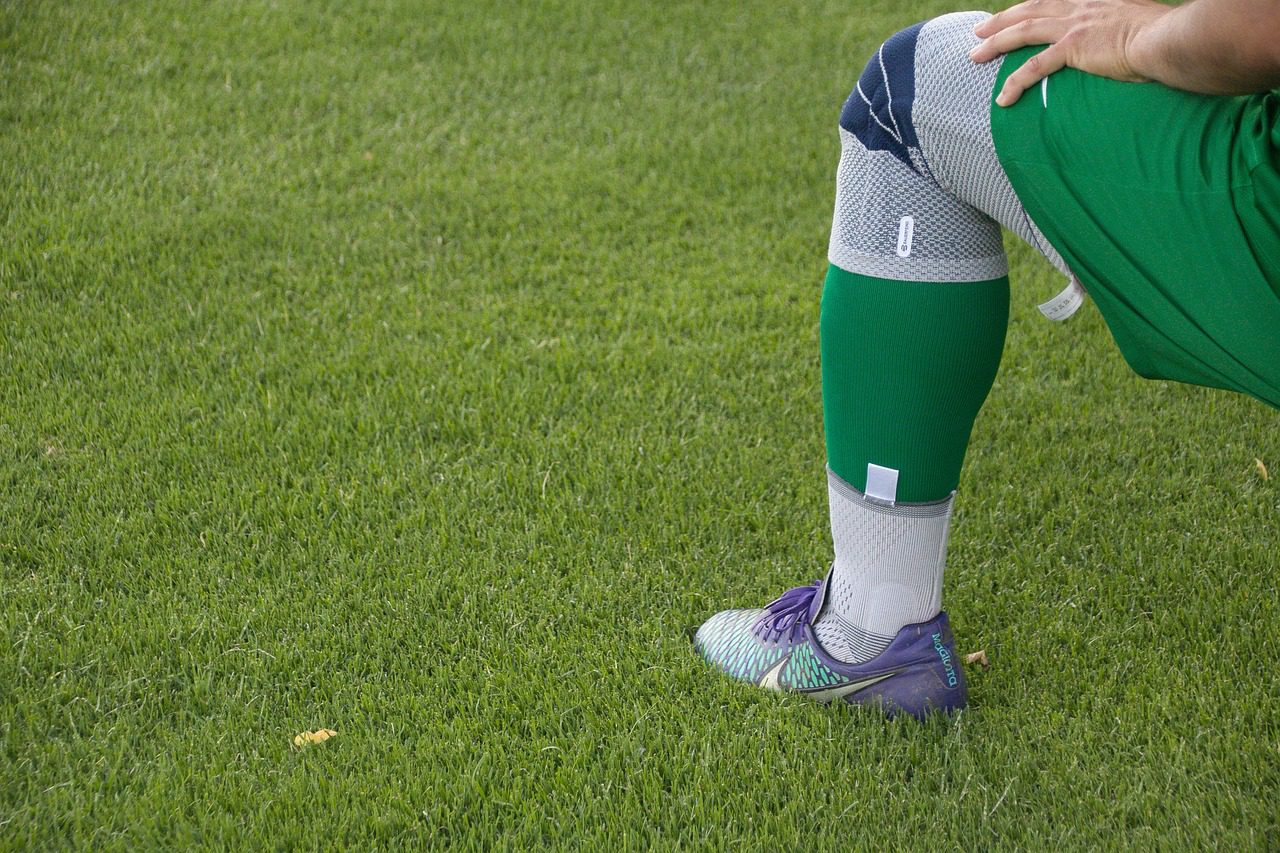A meniscus tear is a common knee injury that affects the cartilage cushioning your shinbone and thighbone. This vital cartilage plays a key role in absorbing shock and stabilizing the knee joint. If you experience symptoms such as knee pain or swelling in West Chester, it’s essential to consult an experienced orthopedic specialist promptly to evaluate the extent of the injury and receive appropriate care.
Causes and Symptoms of a Meniscus Tear
Meniscus tears commonly result from sudden twisting or turning of the knee while bearing weight. Activities that involve abrupt directional changes, forceful rotations, or direct impact increase the risk of this injury. To minimize your chances of a meniscus tear, avoid sudden high-impact movements and practice proper techniques during sports or exercise.
Typical symptoms of a meniscus tear include:
- Knee pain, especially when twisting or rotating
- Joint stiffness or difficulty bending and straightening the knee
- Swelling and inflammation around the affected area
- A locking or catching sensation within the knee joint
- Feeling of instability or the knee “giving way”
- Reduced range of motion
Experiencing any of these symptoms warrants a timely evaluation by a specialist with expertise in meniscus tears or orthopedic knee injuries for accurate diagnosis and treatment planning.
Treatment Options for Meniscus Tears
Treatment is tailored based on the location and severity of the tear, your age, activity level, and overall knee health. Your orthopedic provider will develop a personalized treatment treatment plan after a comprehensive assessment, including imaging studies if necessary.
Non-Surgical (Conservative) Treatments
Many meniscus tears, especially those in areas with good blood supply, heal successfully with conservative management. These treatments focus on reducing pain and inflammation while enhancing natural healing and include:
- Rest and avoiding activities that stress the knee joint
- Using crutches or knee braces to offload weight from the injured leg
- Physical therapy sessions to improve strength, flexibility, and joint stability
- Alternating ice and heat therapy to manage swelling and reduce discomfort
- In some cases, corticosteroid injections to alleviate inflammation
Additional techniques such as therapeutic massage and targeted exercises improve circulation to the injured meniscus, promoting recovery. Pain relievers may be prescribed to manage symptoms during healing.
Surgical Treatments
If symptoms persist despite conservative care or if the meniscus tear is complex or located in an area with limited blood supply, surgical intervention may be indicated. The most common surgical procedure is arthroscopic surgery, a minimally invasive approach used to repair or remove damaged meniscal tissue.
During arthroscopy, the surgeon makes small incisions around the knee to insert a miniature camera and specialized instruments. This allows precise visualization and treatment of the damaged meniscus while minimizing trauma to the surrounding tissue.
Benefits of Arthroscopic Surgery
- Minimal scarring and less blood loss compared to open surgery
- Faster recovery and shorter hospital stays
- Lower infection risk
- Reduced postoperative pain
- Earlier return to daily activities and sports
Preventing Meniscus Tears
To lower your risk of meniscus injuries, especially if you lead an active lifestyle or play sports, consider the following prevention strategies:
- Warm up properly before any physical activity to prepare your muscles and joints
- Incorporate regular stretching routines before and after exercise to enhance flexibility
- Strengthen leg muscles, particularly the quadriceps, hamstrings, and calves, to support the knee
- Maintain joint flexibility to prevent stiffness and reduce injury risk to your knees and joints
- Wear appropriate protective knee gear during high-impact or contact sports
- Allow ample rest between training sessions to enable recovery and avoid overuse injuries
If you are experiencing limited knee motion, persistent pain, or swelling, visit Beacon Orthopedic and Sports Medicine Center in West Chester for expert diagnosis and treatment of meniscus tears. Our experienced, compassionate team offers customized care plans designed to promote safe and efficient recovery. Contact us by phone or book your appointment online today.
Frequently Asked Questions (FAQs)
Recovery time depends on the tear’s severity and treatment approach. Minor meniscus tears treated conservatively generally heal within 6 to 8 weeks. Recovery following arthroscopic surgery typically ranges from 3 to 6 months, depending on adherence to rehabilitation protocols.
Yes. Tears located on the outer edge of the meniscus, where there is a rich blood supply, often heal naturally with rest and non-surgical treatment. However, tears in the inner regions with poor circulation may necessitate surgical repair for proper healing.
Arthroscopic surgery is minimally invasive, resulting in less pain compared to traditional open surgery. Postoperative pain is typically manageable with prescribed medications and physical therapy designed to promote healing and restore function.
During recovery, avoid high-impact activities and movements that involve twisting, pivoting, or sudden changes in direction, including running, jumping, and certain sports. Your healthcare provider will advise you on when it is safe to gradually resume these activities based on your healing progress.
Physical therapy focusing on strengthening the quadriceps, hamstrings, and calf muscles is essential for knee stability. Low-impact exercises such as swimming, cycling, and controlled resistance training help maintain fitness while minimizing stress on the knee joint.
Additional FAQs
Untreated or severe meniscus tears may increase the risk of developing osteoarthritis in the knee over time due to cartilage damage and joint instability. Early treatment and rehabilitation can help reduce this risk.
Seek medical evaluation if you experience persistent knee pain, swelling, locking, or instability following knee trauma. Early diagnosis ensures timely treatment and better outcomes.
Yes, degenerative meniscus tears are more frequent in older adults due to gradual wear and tear of the cartilage. Treatment options may differ based on age and overall knee health.
For more information on other common knee injuries and their causes, you may want to read 4 Causes of Aspiration Pneumonia.

